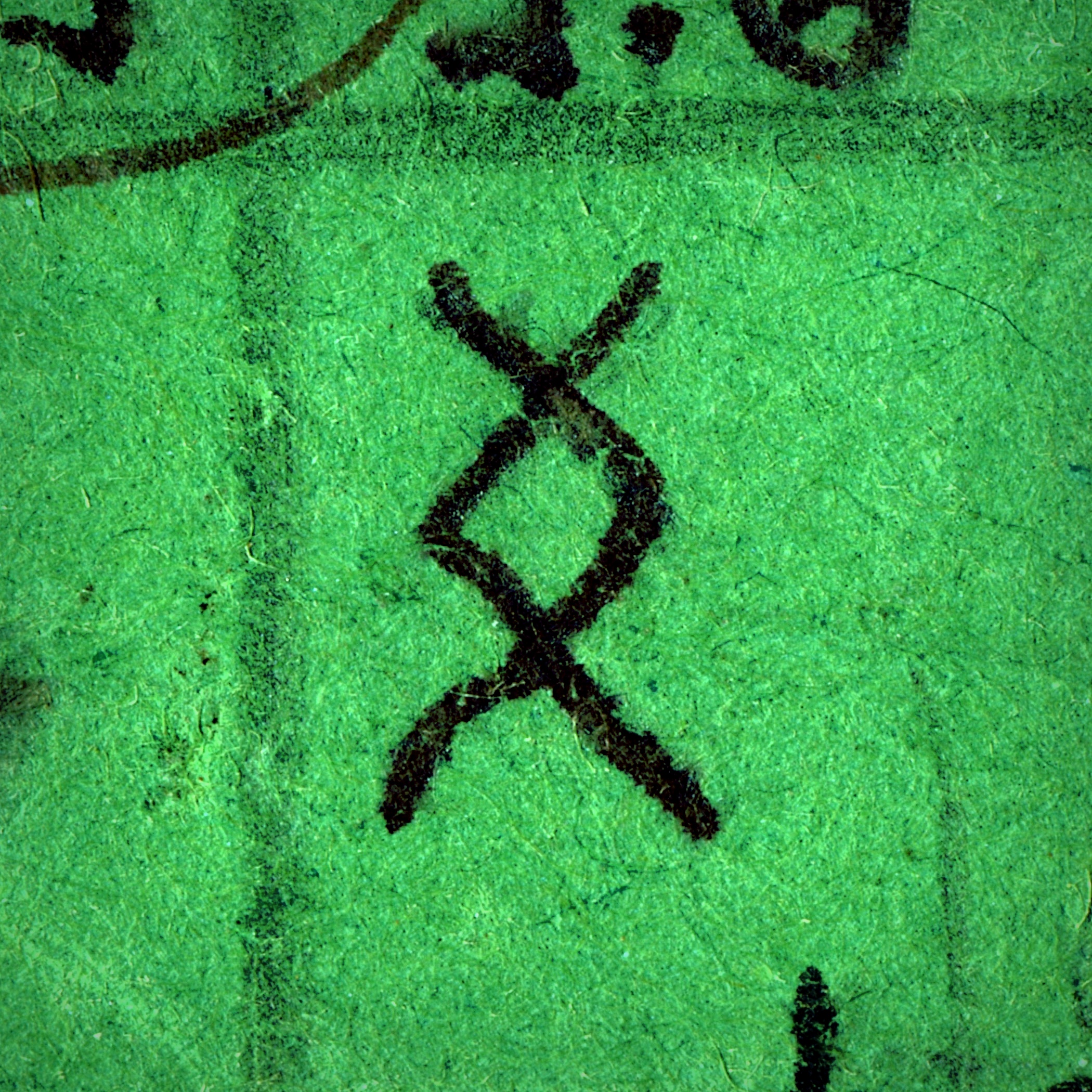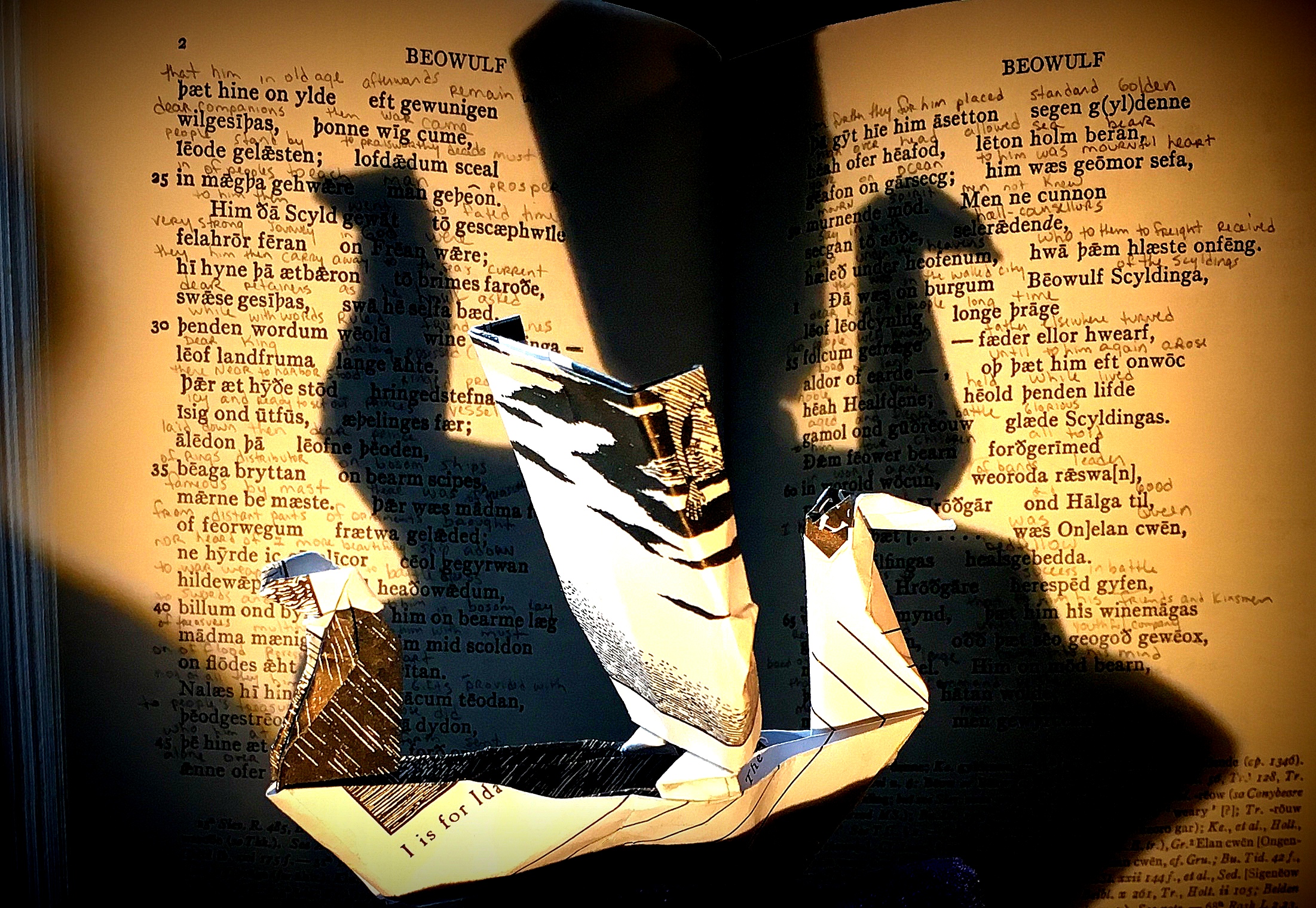 To them then Scyld went, at the fated time, on a journey full of exploits, to God. Then they carried him away to the surf on the shore, his beloved companions, as he himself asked, while he ruled with words, friend of the Scyldings. The beloved first of his land long had possession. There near to harbor stood a ringed prow, icy and ready to set out, a prince’s vessel. Then laid down the beloved chief, the giver of rings, on the ship’s bosom famous by its mast. Of treasure there was much, ornaments brought from distant parts. I had not heard of a ship more beautifully adorned with war weapons and battle dress, with blades and armor. For him, on his body lay a multitude of treasures, that with him must into the flood’s possession, far depart. They provided him with no lesser gifts than the people’s treasures, then those did, who at his … More
To them then Scyld went, at the fated time, on a journey full of exploits, to God. Then they carried him away to the surf on the shore, his beloved companions, as he himself asked, while he ruled with words, friend of the Scyldings. The beloved first of his land long had possession. There near to harbor stood a ringed prow, icy and ready to set out, a prince’s vessel. Then laid down the beloved chief, the giver of rings, on the ship’s bosom famous by its mast. Of treasure there was much, ornaments brought from distant parts. I had not heard of a ship more beautifully adorned with war weapons and battle dress, with blades and armor. For him, on his body lay a multitude of treasures, that with him must into the flood’s possession, far depart. They provided him with no lesser gifts than the people’s treasures, then those did, who at his … More
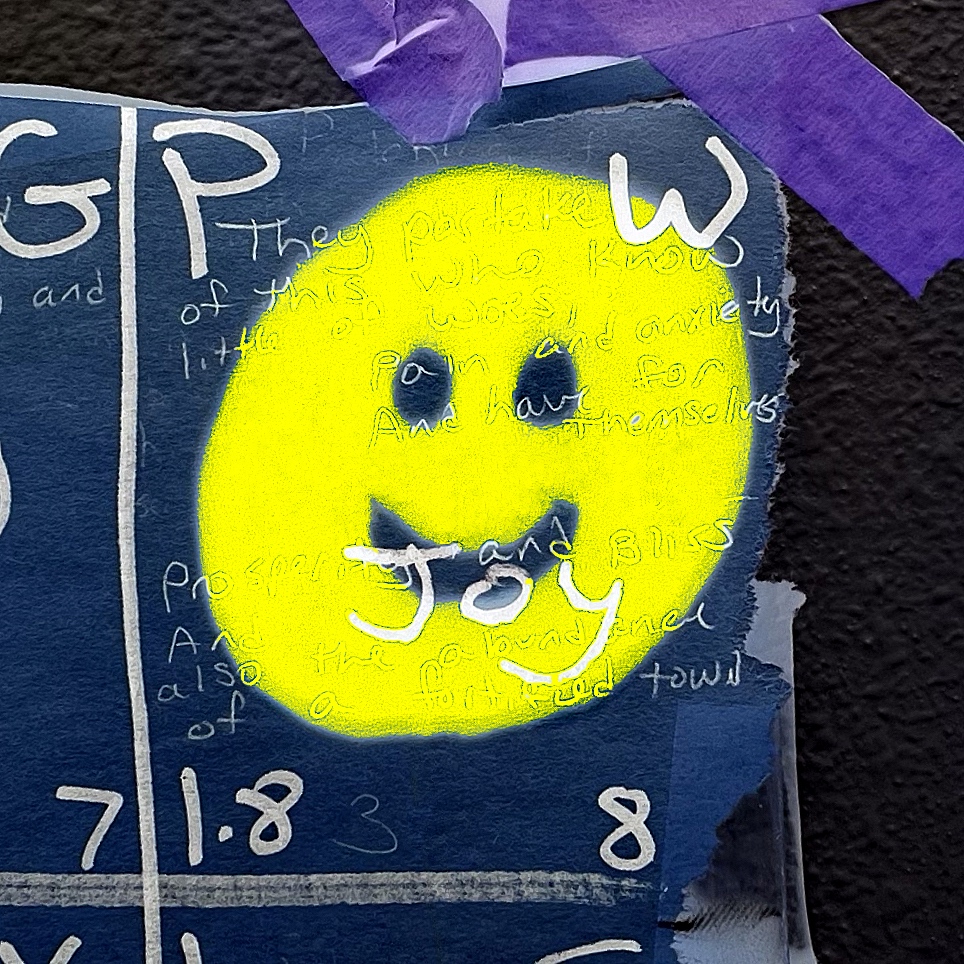


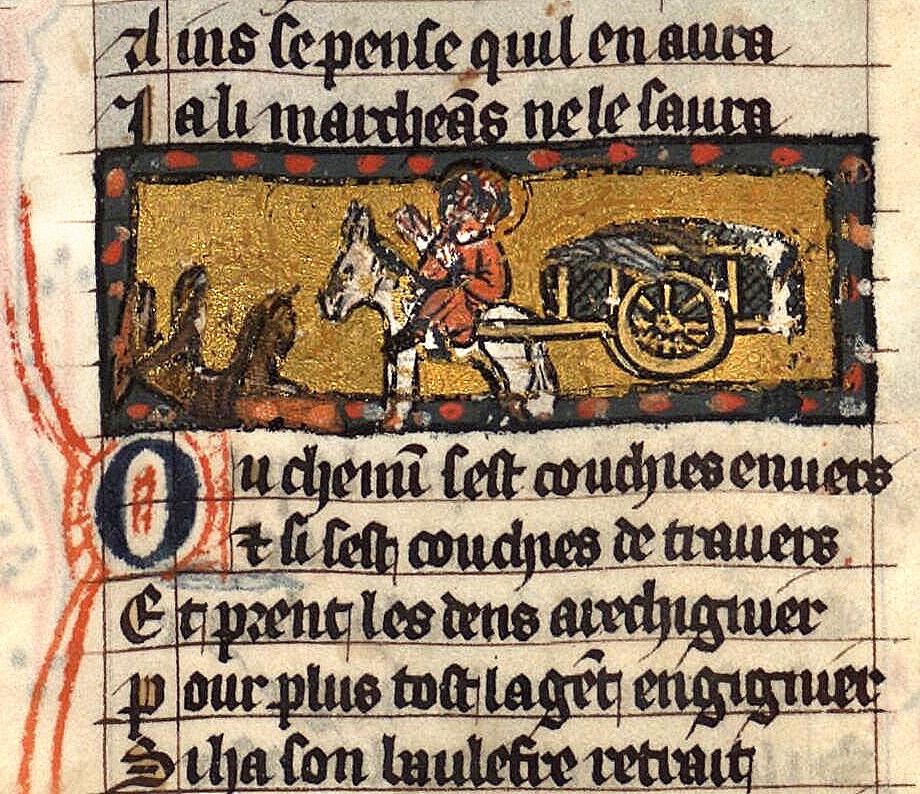
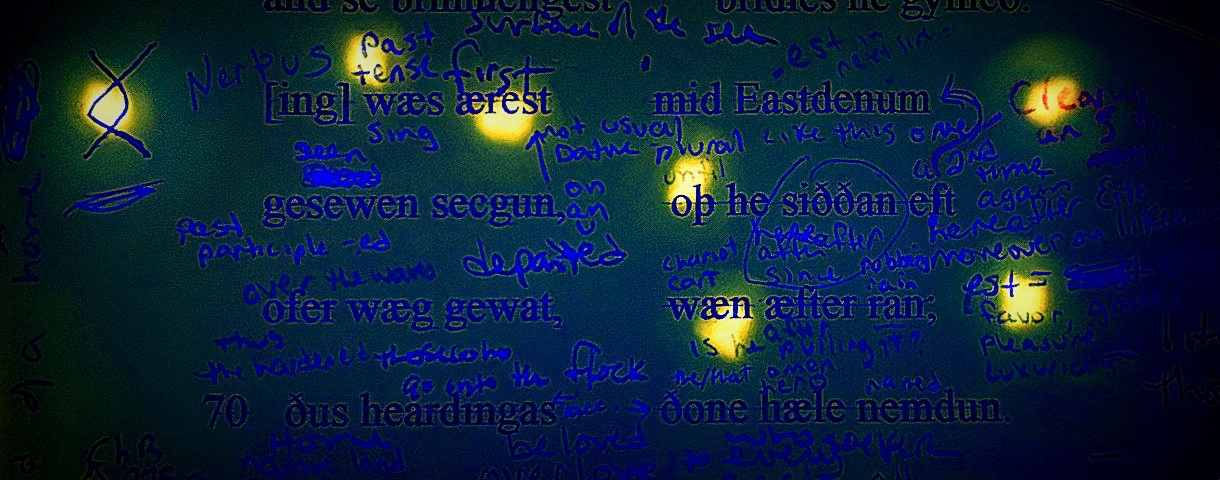 Ing is a mystery. Who is Ing? Where did he go? Why did he leave? We don’t know. You know who knows?
Ing is a mystery. Who is Ing? Where did he go? Why did he leave? We don’t know. You know who knows? 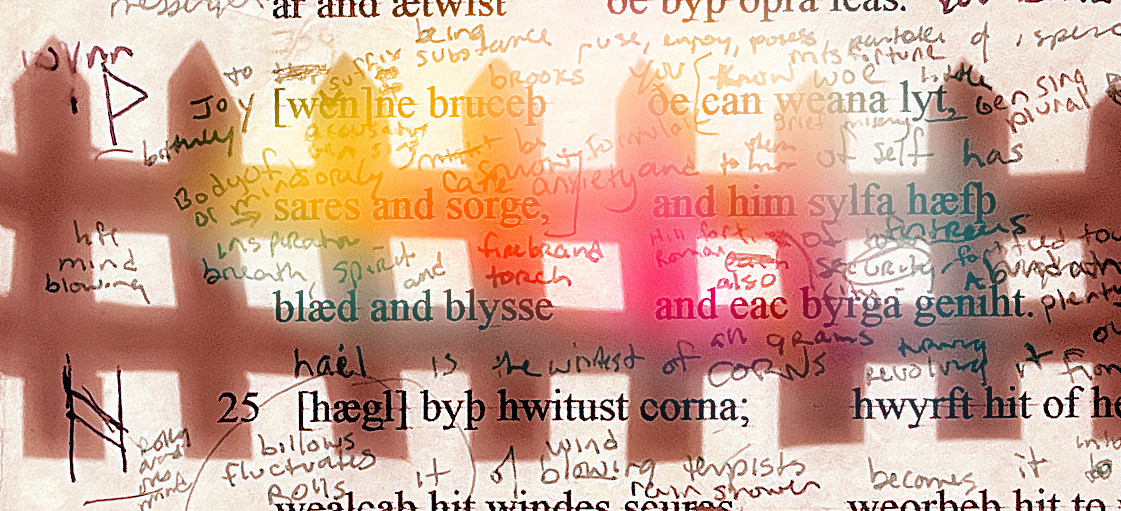
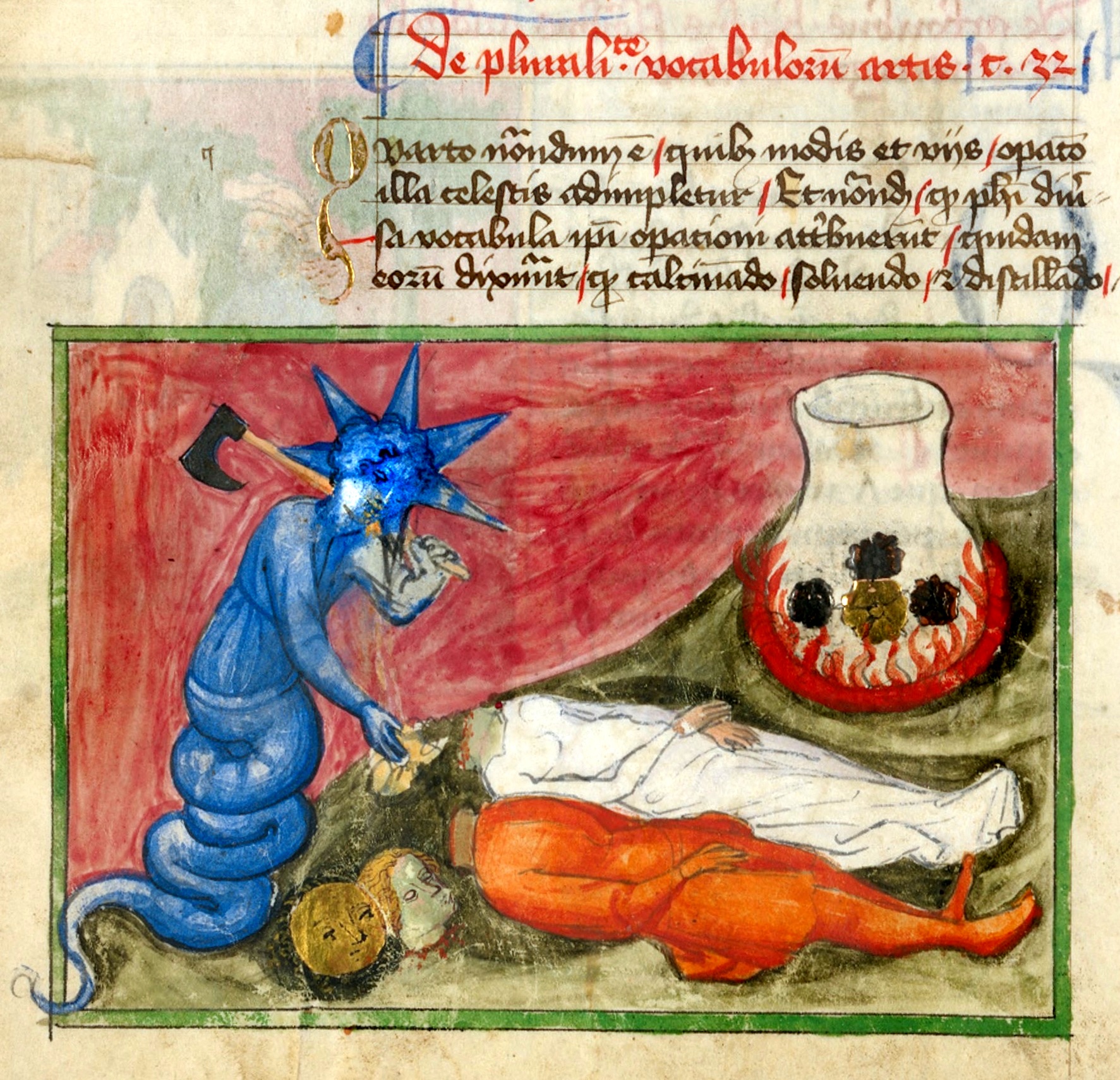 You are miserable,
You are miserable, 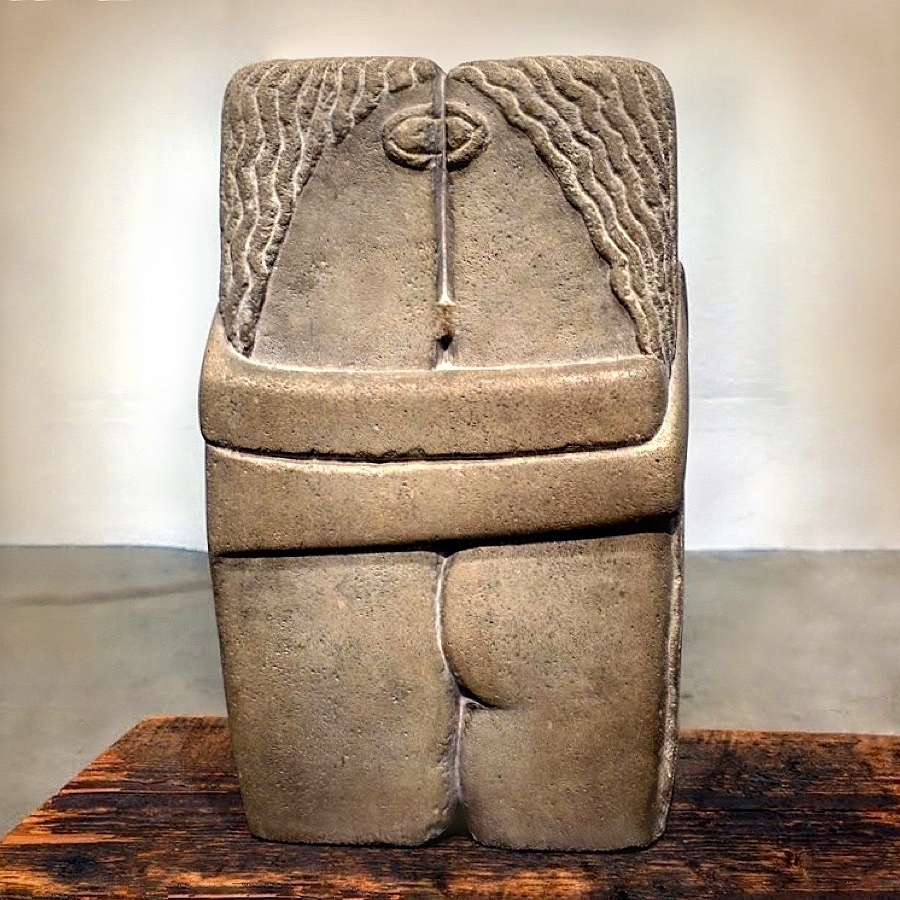 In the Old English Rune Poem, Ing is specifically masculine pronoun male. He’s a boy. But where Ing came from
In the Old English Rune Poem, Ing is specifically masculine pronoun male. He’s a boy. But where Ing came from 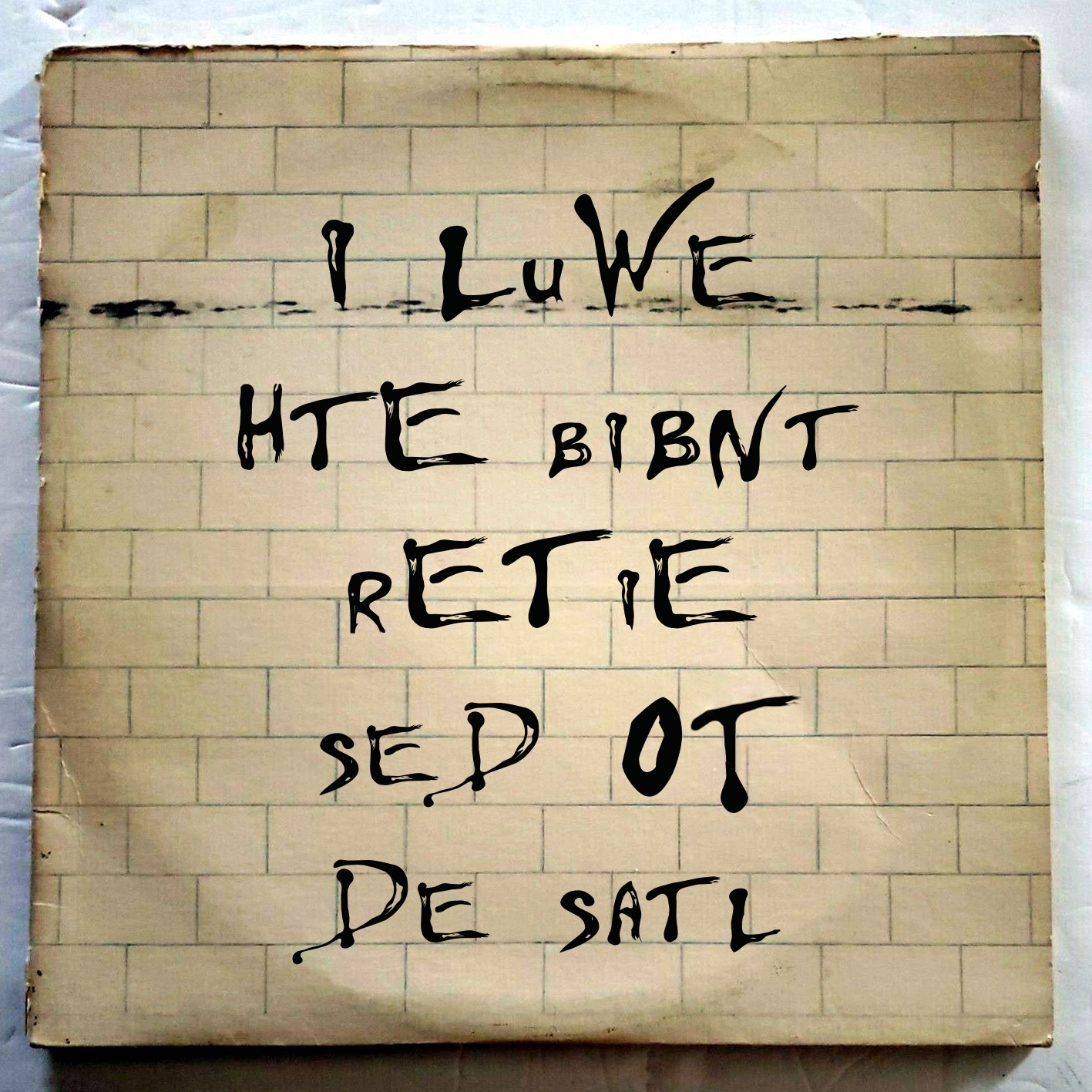
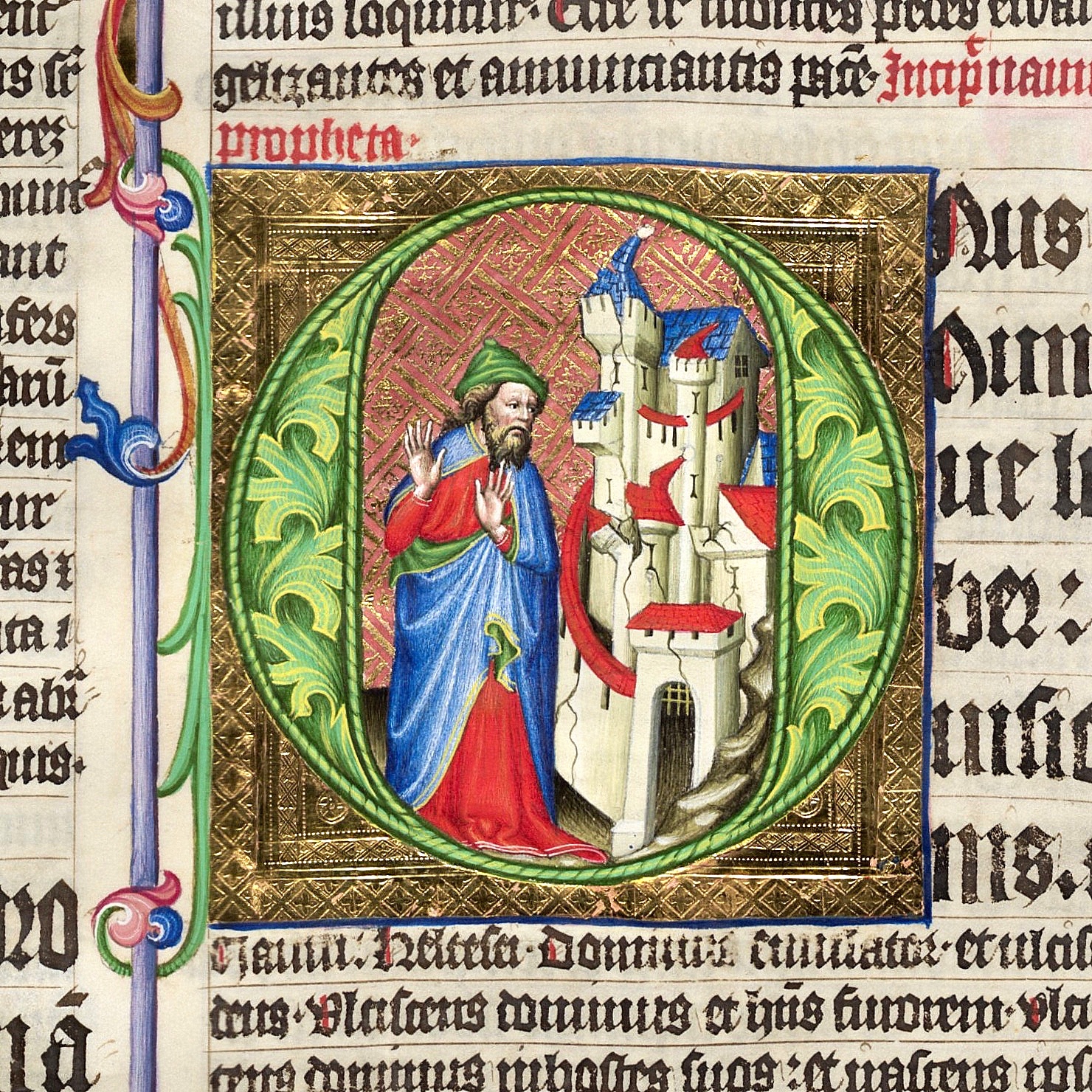
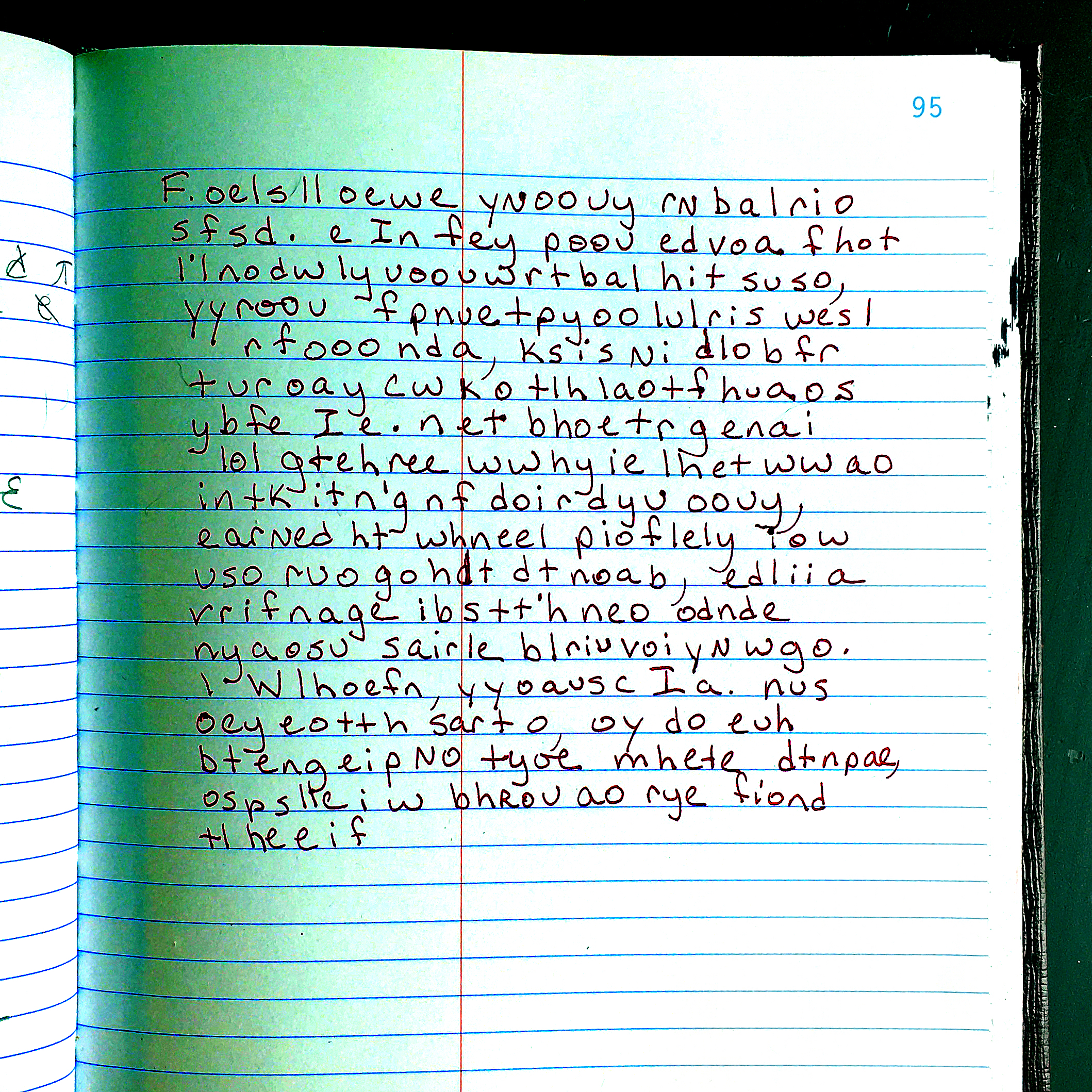
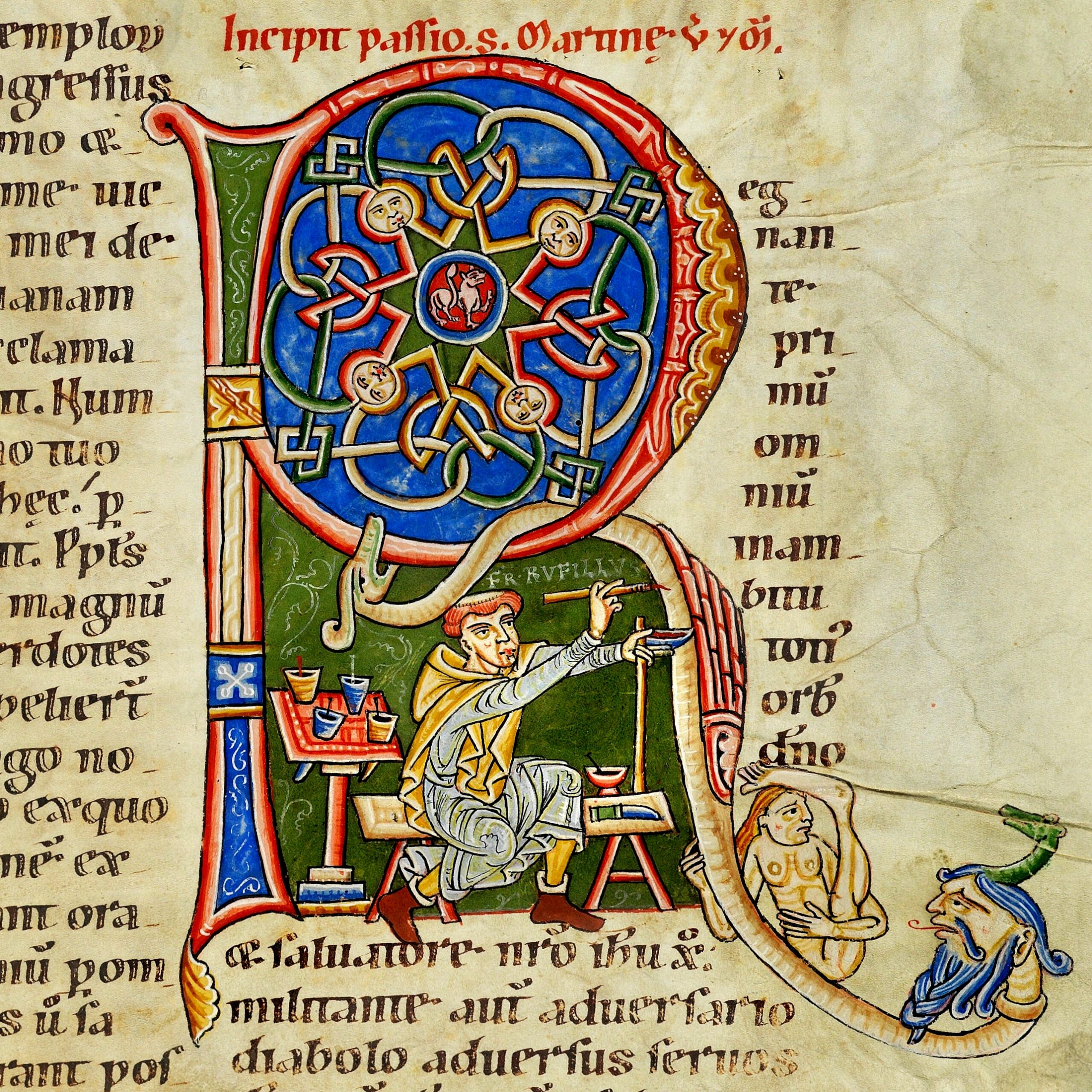
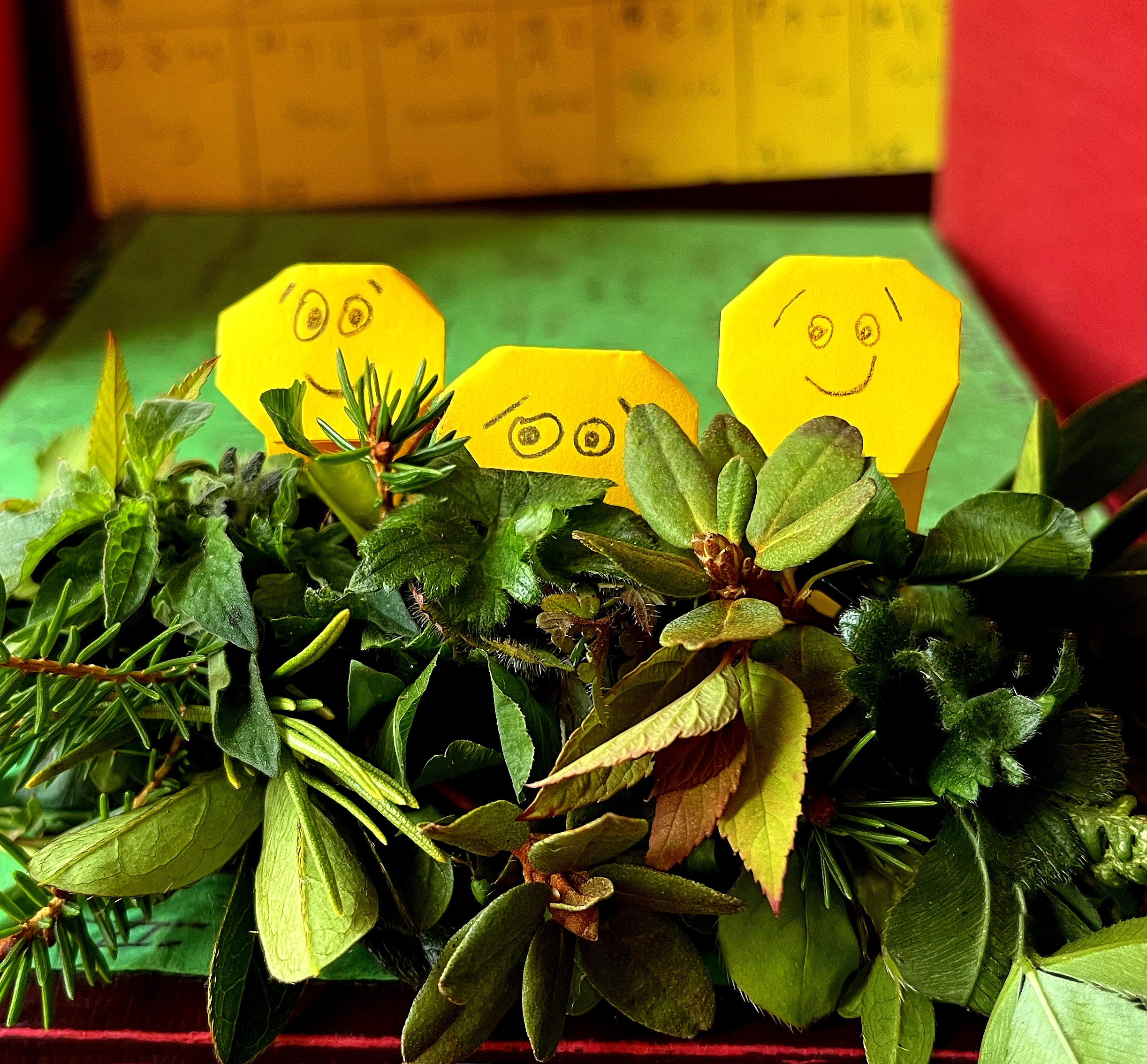 When you line up the Rune Poem stanzas and bend the line back on itself into a long U shape so the runes face each other, you get fourteen pairs. This pair, Ing and Wyn, the eighth, begins the middle half of the poem, moving toward
When you line up the Rune Poem stanzas and bend the line back on itself into a long U shape so the runes face each other, you get fourteen pairs. This pair, Ing and Wyn, the eighth, begins the middle half of the poem, moving toward 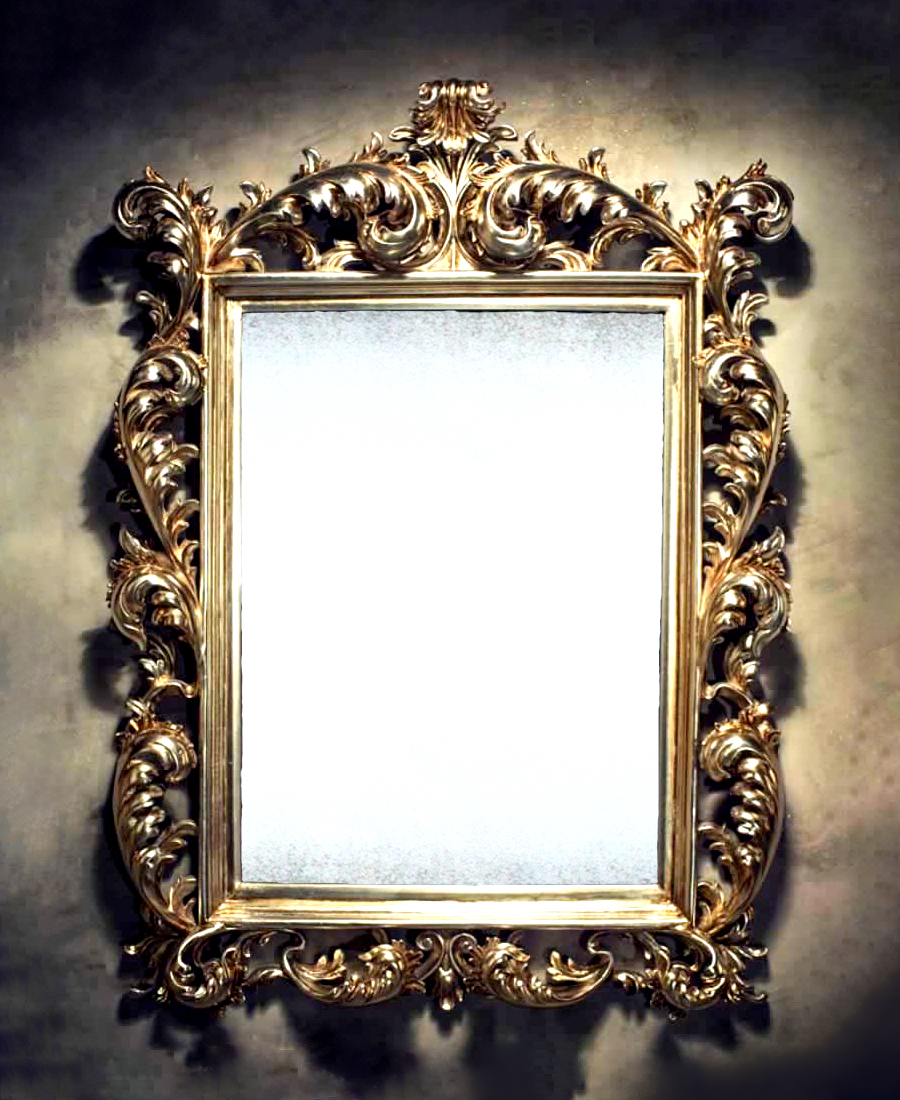 X: Z left.
X: Z left.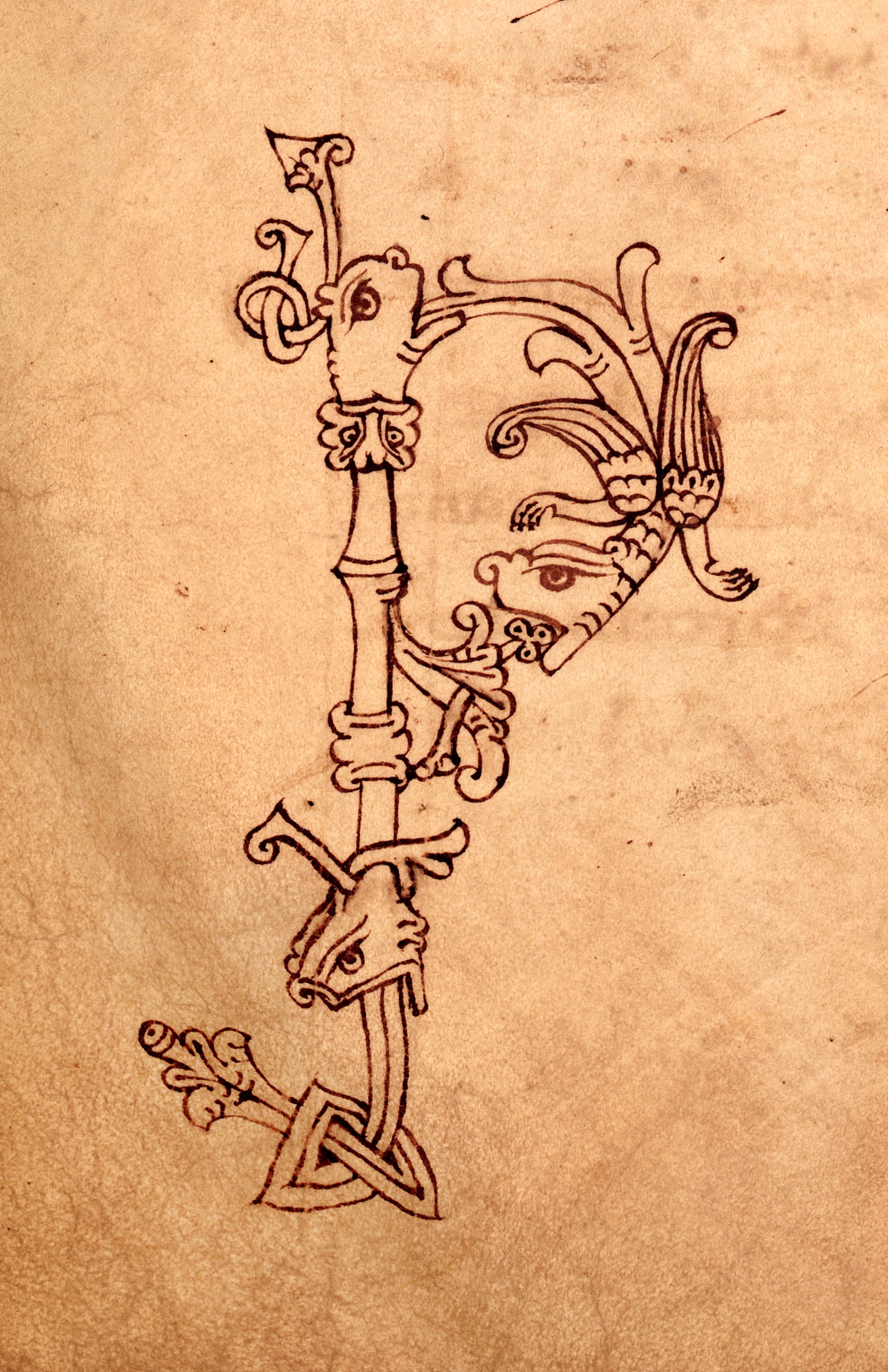 Ƿhen a Ƿ’s not a P
Ƿhen a Ƿ’s not a P 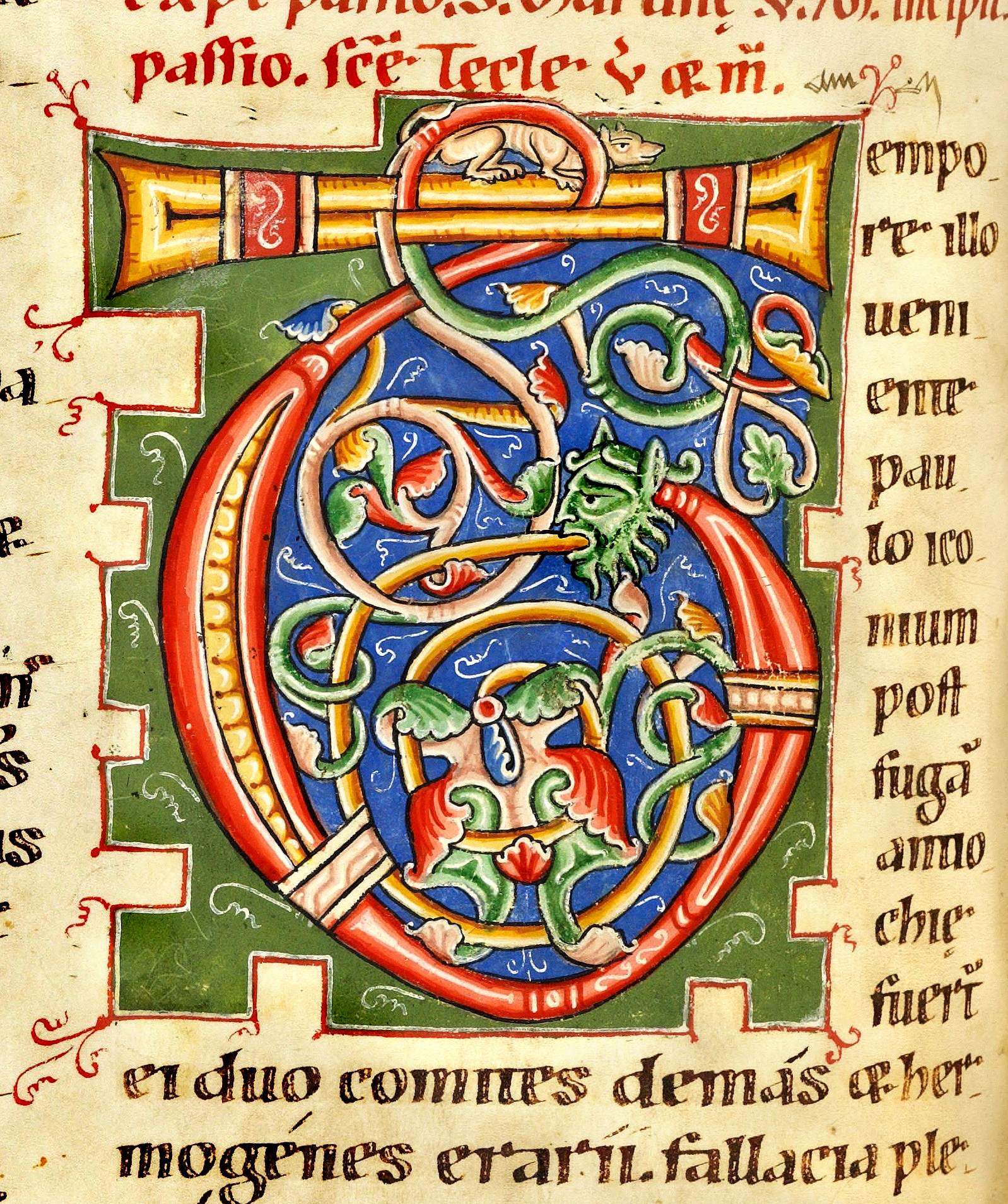
 To them then Scyld went, at the fated time, on a journey full of exploits, to God. Then they carried him away to the surf on the shore, his beloved companions, as he himself asked, while he ruled with words, friend of the Scyldings. The beloved first of his land long had possession. There near to harbor stood a ringed prow, icy and ready to set out, a prince’s vessel. Then laid down the beloved chief, the giver of rings, on the ship’s bosom famous by its mast. Of treasure there was much, ornaments brought from distant parts. I had not heard of a ship more beautifully adorned with war weapons and battle dress, with blades and armor. For him, on his body lay a multitude of treasures, that with him must into the flood’s possession, far depart. They provided him with no lesser gifts than the people’s treasures, then those did, who at his …
To them then Scyld went, at the fated time, on a journey full of exploits, to God. Then they carried him away to the surf on the shore, his beloved companions, as he himself asked, while he ruled with words, friend of the Scyldings. The beloved first of his land long had possession. There near to harbor stood a ringed prow, icy and ready to set out, a prince’s vessel. Then laid down the beloved chief, the giver of rings, on the ship’s bosom famous by its mast. Of treasure there was much, ornaments brought from distant parts. I had not heard of a ship more beautifully adorned with war weapons and battle dress, with blades and armor. For him, on his body lay a multitude of treasures, that with him must into the flood’s possession, far depart. They provided him with no lesser gifts than the people’s treasures, then those did, who at his … 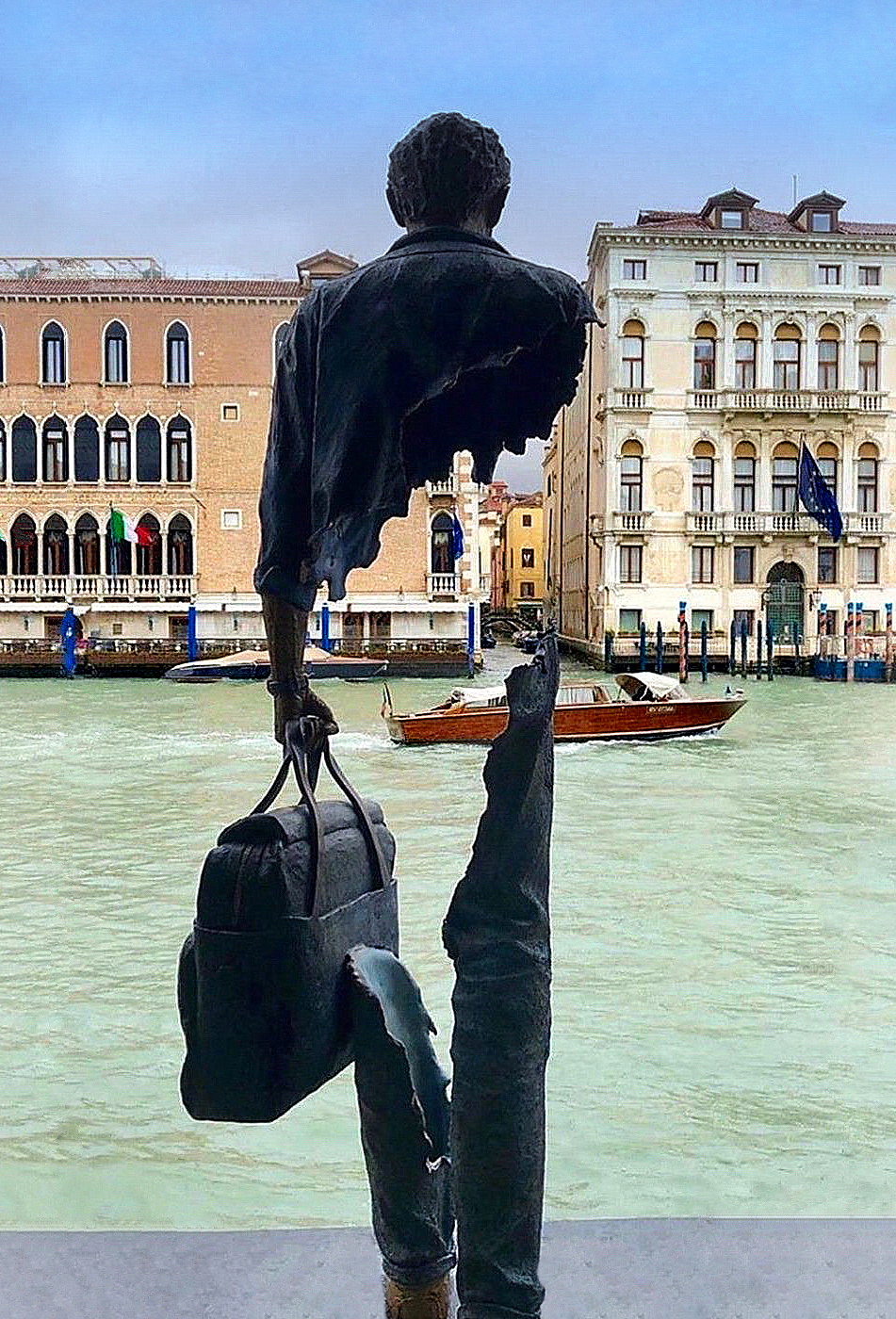 It’s time to go. It is past time. If you need to get out of here yesterday you’d better do it with an eye on the future, that knife blade of a now you balance on will cut and run, so plan fast.
It’s time to go. It is past time. If you need to get out of here yesterday you’d better do it with an eye on the future, that knife blade of a now you balance on will cut and run, so plan fast. Cheer up, you are safe. It’s dark and scary out there, but not here. Not anymore. Look around. Walls keeping the baddies out, inside you’ve got way more than you need and access to everything. Feel the
Cheer up, you are safe. It’s dark and scary out there, but not here. Not anymore. Look around. Walls keeping the baddies out, inside you’ve got way more than you need and access to everything. Feel the 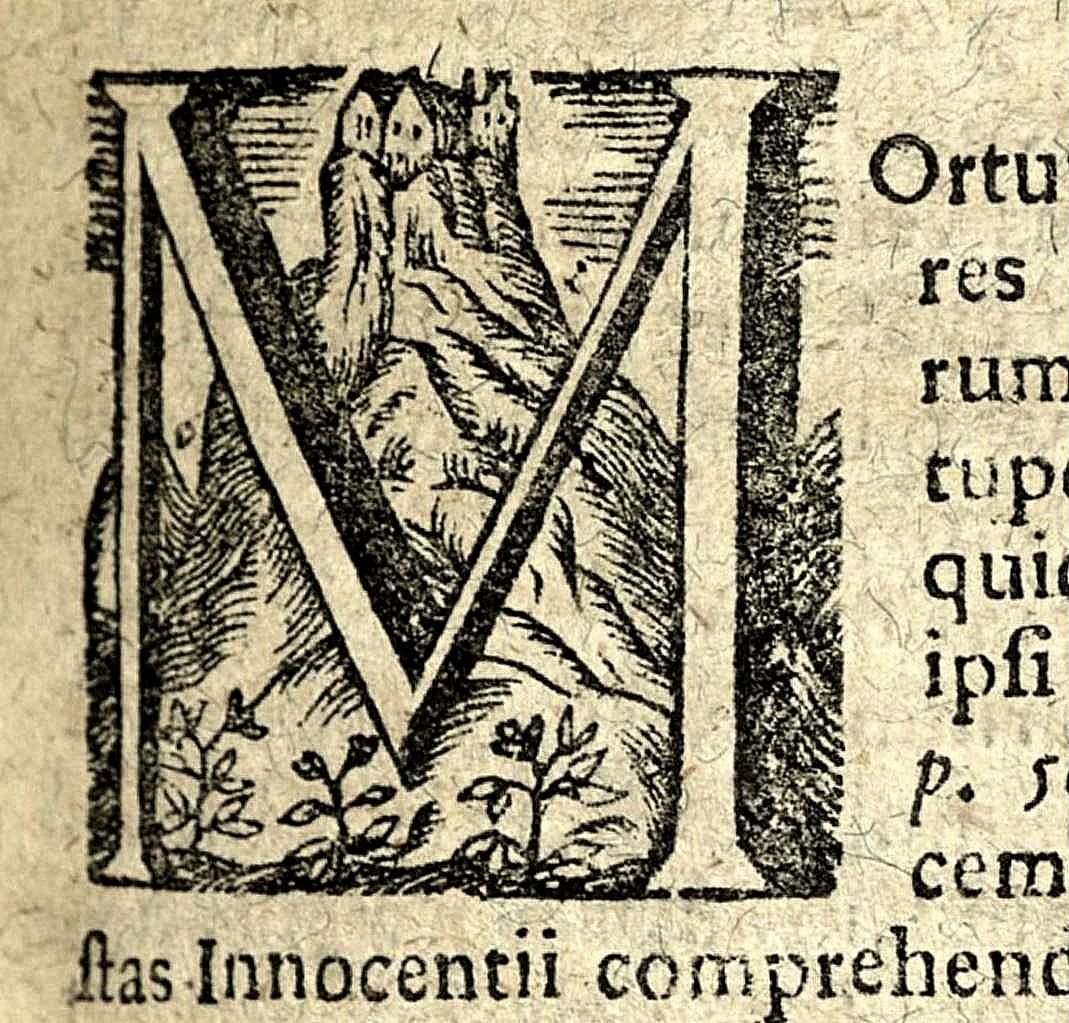
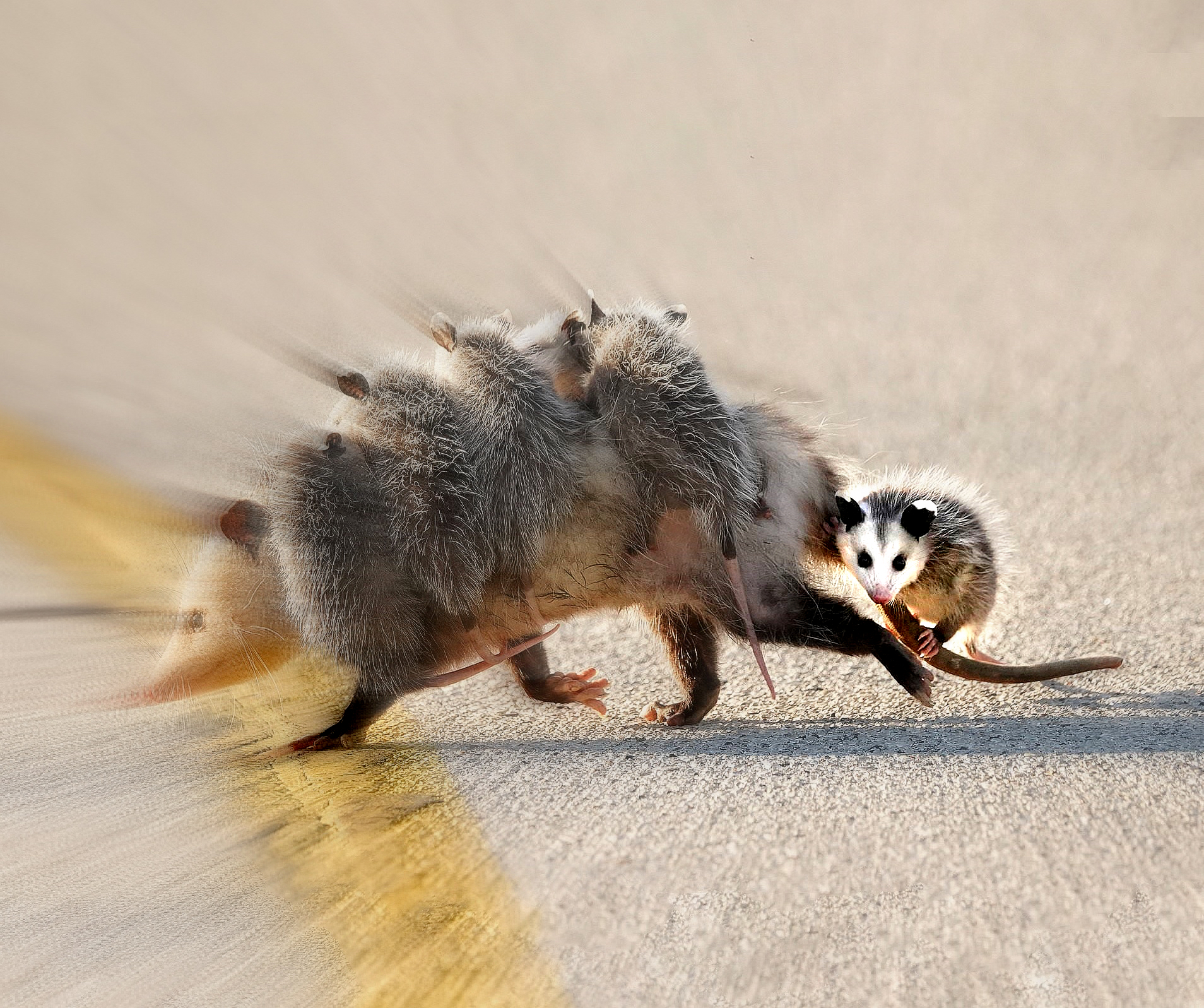 Any help you had packed up their stuff and hit the road. You are on your own. That was a powerful benefactor and
Any help you had packed up their stuff and hit the road. You are on your own. That was a powerful benefactor and 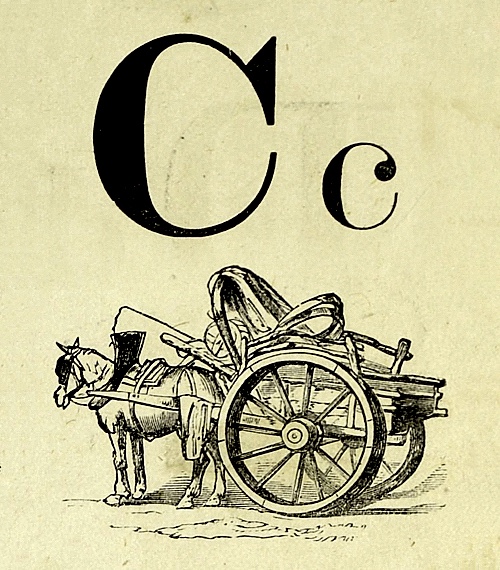
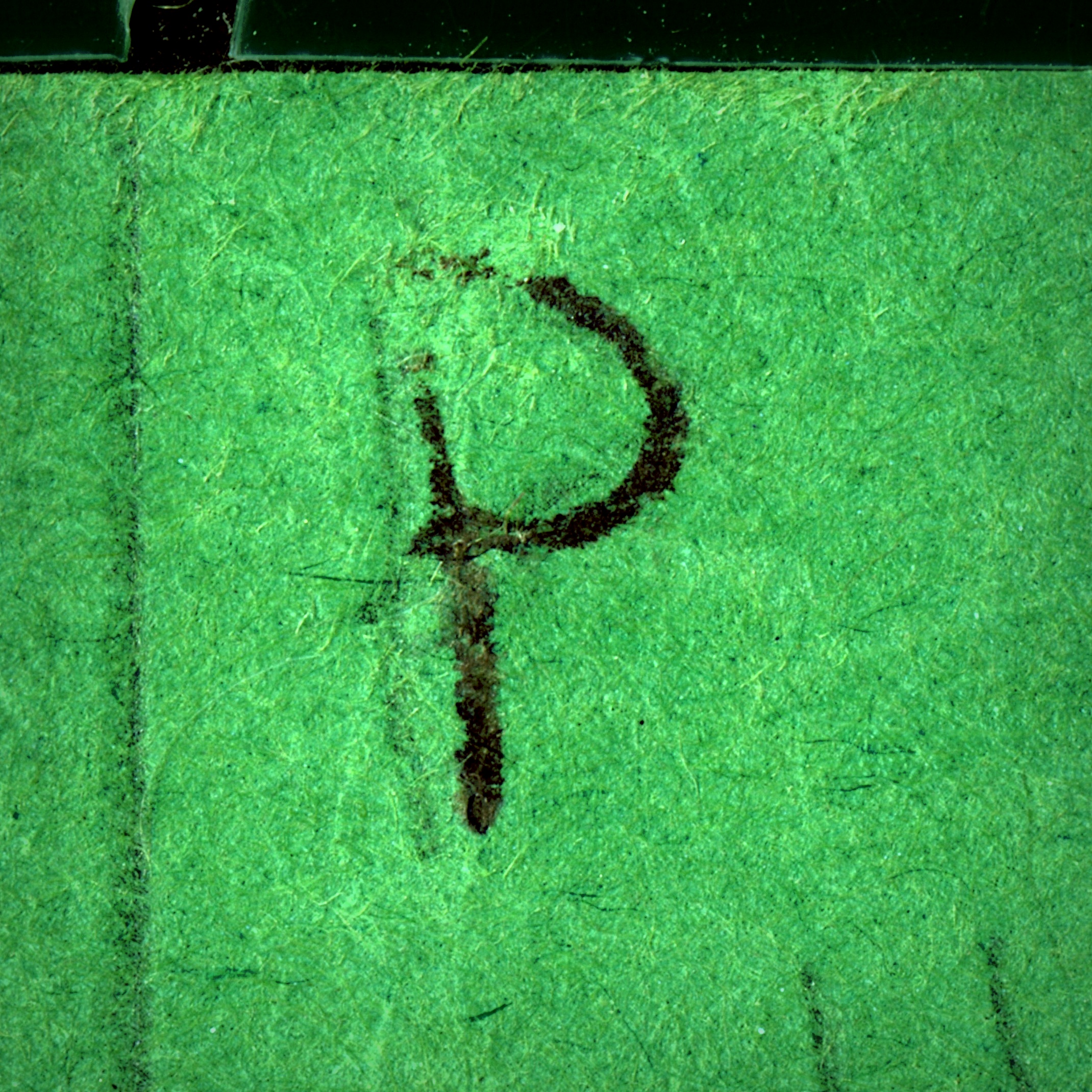 What is W? It looks like two Vs but its name says it is U doubled. It is a consonant, but in other times in select places, it is a vowel. What happened? Why do we have W?
What is W? It looks like two Vs but its name says it is U doubled. It is a consonant, but in other times in select places, it is a vowel. What happened? Why do we have W?